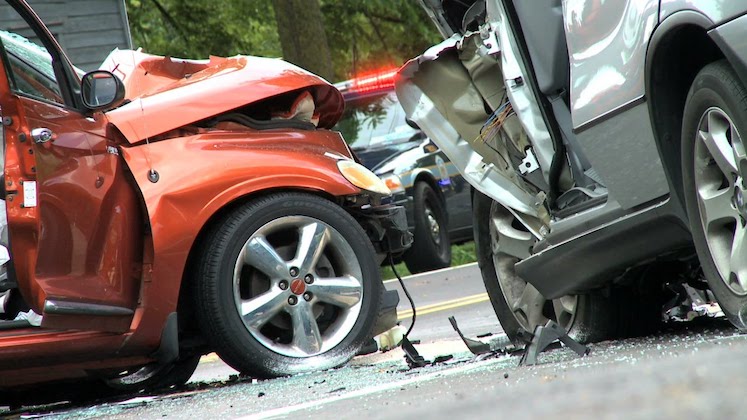Insurance companies consider a car totaled when it is unusable. The cost of fixing it exceeds the value of the car. A totaled car is thought of as a total financial loss. It would not be worth it to you or the insurance company to fix your car. Certain state laws also determine the circumstances of a totaled car in the case of repairs being dangerous. A car worth $2,000 with $4,000 in damages is considered totaled, for example. Older model cars are more likely to be considered totaled than newer models. To consider your car totaled, the auto insurance company takes the entire cost of repairs into consideration. This includes the cost of labor, parts, and salvage from the accident.
What Happens After My Car Is Totaled?
After your car is totaled, the car insurance company will transfer the car in their name. Once the car is in their possession, they auction it to the highest bidder or sell the salvageable parts. The insurance company gives a cash settlement to you if you own the car. If you do not own the car, the insurance company gives the settlement to the bank or loan company from which you borrowed the car. The settlement may exceed the amount of money that you owe, so you will receive the remainder.
You have the option to keep your car as well. The rules to receiving your totaled car depend on your home state and the auto insurance company. The claims adjuster has a case by case information on receiving your totaled car after a loss.
Loan gap coverage is a failsafe if the value of your vehicle’s settlement is below the price of your loan or lease. A lack of loan gap coverage puts you at risk of still owing money after the insurance pays for damages. In this case, you still owe money after receiving the settlement. The price of a loan typically exceeds the value of a car, and your insurance company only pays for the value.
How Do I Estimate My Car’s Value In An Insurance Settlement?
Are you curious about how much money you will be receiving? Depending on the insurance company, there is a set list of guidelines that the claims adjuster follows. The guidelines of the insurance settlement typically include the type of car, the car’s age, the condition of the vehicle at the time of the accident, and any damages before the accident. There are other adjustments as well, such as the accident being your fault and prior negligence to the vehicle. Your car insurance company also determines the values of the same cars in your area as a comparison. Hiring an appraiser gives you an opportunity to make a more informed decision.
How Else Can My Insurance Company Help?
Depending on your type of insurance, you may receive a rental car as a temporary replacement. This serves as a buffer before your settlement arrives, or at least until you can find new transportation. If you decide to keep your car, you can even decide to repair it yourself based on the price of your settlement. Keep in mind that the state also plays a factor in your ability to keep your totaled vehicle.

